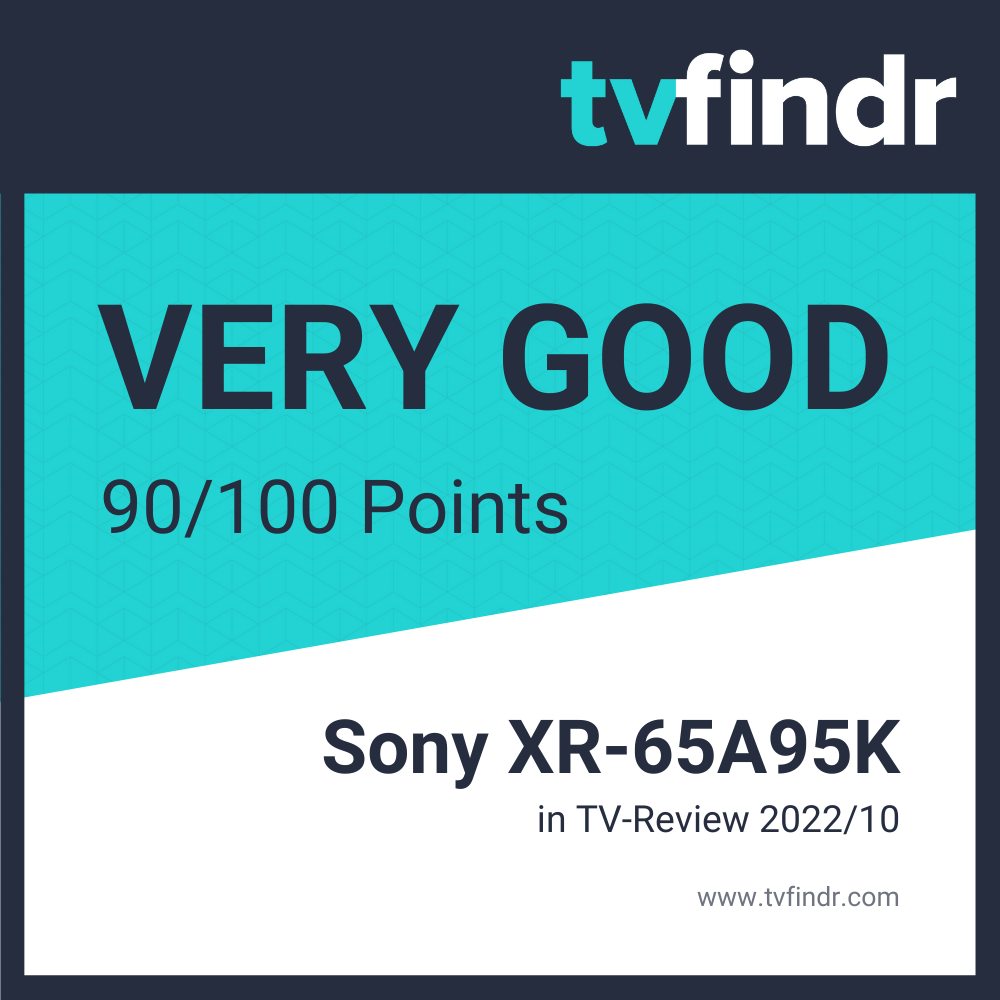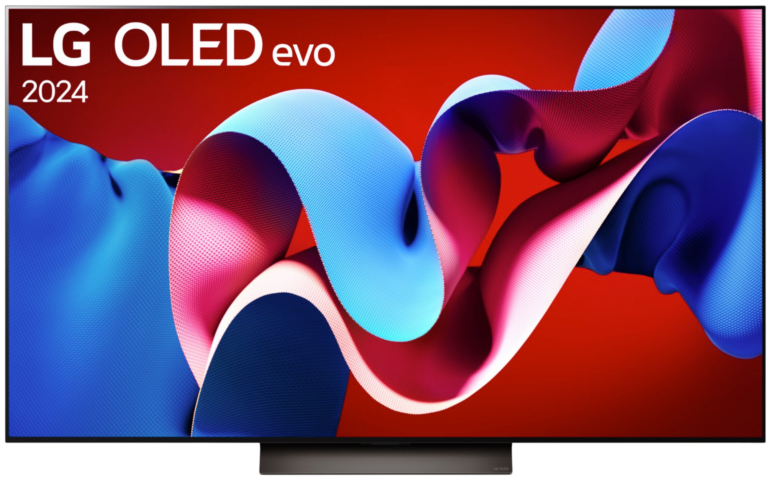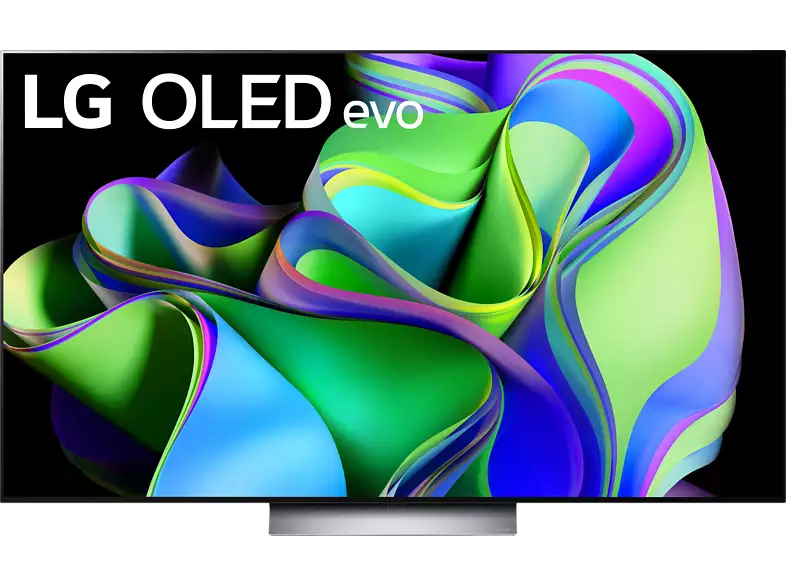Sony TV Lineup 2022 Comparison
| Image | Series | Panel Panel Type | Sizes Available sizes | Resolution | |
|---|---|---|---|---|---|
| OLED Lineup | |||||
 | A80K Upper Midrange TV | OLED | 55", 65", 77" | UHD 4K | |
 | A90K Midrange TV | OLED | 42", 48" | UHD 4K | |
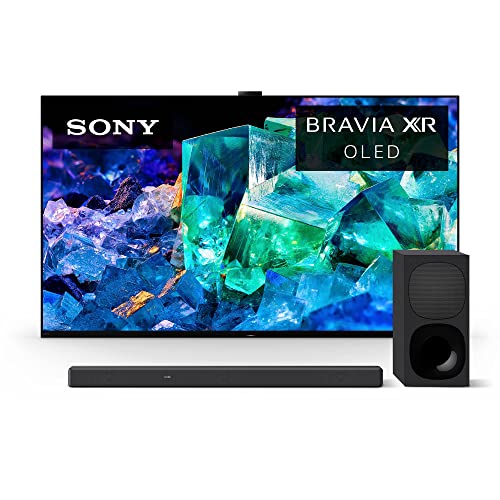 | A95K Premium TV | QD-OLED | 55", 65" | UHD 4K | |
| LED Lineup (Full Array) | |||||
 | X90K Upper Midrange TV | VA | 55", 65", 75", 85" | UHD 4K | |
 | X95K Premium TV | VA | 65", 75", 85" | UHD 4K | |
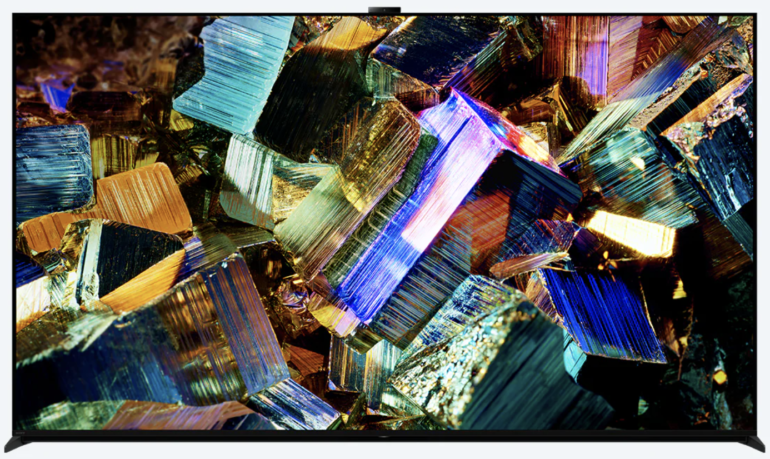 | Z9K Premium TV | VA | 75", 85" | UHD-2 8K | |
| LED Lineup | |||||
 | X80K Entry Level TV | ADS (43", 55", 65", 85") VA (50") | 43", 50", 55", 65", 85" | UHD 4K | |
 | X85K Midrange TV | VA | 43", 50", 55", 65", 75", 85" | UHD 4K | |
OLED Lineup
What characterises this product line? Since their introduction, OLED TVs have been known for bringing a perfect black to the screen, as the corresponding pixels can simply switch off when needed. On this basis, Sony optimises its models with a focus on precise colour representation. Therefore, compared to some OLED competitors, these TVs are not at the top in terms of luminosity, but they score all the more with an above-average picture quality and are therefore an excellent choice for home cinema.
- Associated series:
- A80K Series
- A90K Series
- A95K Series
A80K Series
As a model of the upper OLED mid-range, Sony presents the A80K as a successor within the J series with an almost obligatory increase in brightness. Typical is of course the good colour matching based on image processing and intelligent control.
Four HDMI 2.1 ports provide the necessary bandwidth to drive the panel at up to 120 hertz at 4K. If required, also at variable frame rates for gaming. Next-gen compatibility is thus guaranteed in every respect.
In addition to the usual HDR formats, the OLED TV supports Dolby Vision, the IMAX Enhanced format and the filmmaker mode to display the most neutral colours possible.
Depending on your needs, the feet can be mounted in one of three different ways, giving you room to adjust them more effectively to your on-site setup. On top of that, the A80K can act as a central speaker in the middle of a home theatre solution. In addition to standard streaming apps, Apple users also get Apple connectivity with Airplay and Homekit.

| Panel Type | OLED |
|---|---|
| Sizes | 55" XR55A80K65" XR65A80K77" XR77A80K |
| Resolution | UHD 4K |
| HDMI | 2 x HDMI 2.0 |
| 2 x HDMI 2.1 | |
| Frequency | 120Hz |
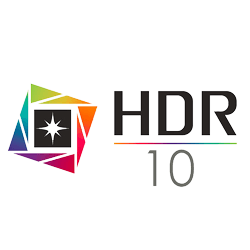




A90K Series
In contrast to the A80K, the A90K – contrary to its name – is not the more powerful model of the conventional OLED series, but ranks a step below it in terms of the screen sizes and performance offered by Sony.
Thus, the screen is not quite as bright around the corner and, due to the smaller diagonal, is potentially also aimed at gamers, with a compact sideboard or as a larger monitor on the home computer.
In any case, the TV has the necessary requirements for this. In addition to an optimised panel with 120 hertz, VRR and Dolby Vision are also part of the equipment package.
If the foot height is not sufficient, the modell offers two extensions with which you can further increase the space to the lower edge of the housing in order to place additional devices such as a console or soundbar underneath the screen.

| Panel Type | OLED |
|---|---|
| Sizes | 42" XR42A90K48" XR48A90K |
| Resolution | UHD 4K |
| HDMI | 2 x HDMI 2.0 |
| 2 x HDMI 2.1 | |
| Frequency | 120Hz |




A95K Series
By launching the A95K, the electronics company is bringing a new flagship model onto the market. Technically, Sony is using the Samsung Display platform. Based on this, an additional optimisation has been made to the panel. The result: one of the best home theater TVs you can buy.
The extensive features are complemented by a sufficiently stable design, in which you can even have the stand disappear behind the panel, if you wish. In addition, a Sony Bravia Cam is included in the scope of delivery, which is attached to the top of the housing and thus provides an overview of the room. This gives you additional functions such as a distance warning if you are too close to the screen, gesture control or a video chat option.
Although Dolby Vision gaming can – unfortunately – only be held at a maximum of 60 frames per second, you can enjoy a quite extensive set of features, if you can get by with only two full-fledged HDMI 2.1 connections.
| Panel Type | QD-OLED |
|---|---|
| Sizes | 55" XR55A95K65" XR65A95K |
| Resolution | UHD 4K |
| HDMI | 2 x HDMI 2.0 |
| 2 x HDMI 2.1 | |
| Frequency | 120Hz |





LED Lineup (Full Array)
What characterises this product line? The X90 series offers you mini-LED-based models with full array local dimming, which are aimed especially at home cinema enthusiasts and can also be used throughout the day or in brighter environments. Sony attaches great importance to the best possible display quality, which is characterised by high colour fidelity and cinema compatibility.
- Associated series:
- X90K Series
- X95K Series
- Z9K Series
X90K Series
In contrast to the 95 version, the X90K still has a backlight based on the Full Array Local Dimming (FALD) principle and a total of 60 independently dimmable zones, but it does without the more precise mini-LEDs that its bigger brother uses.
For you this means: Sacrifices in accuracy in the area of screen illumination and thus – especially on dark backgrounds – potentially larger rings of light around objects. The X90K is also not quite on a par with the LED LCDLCD = Liquid Crystal Display – a type of screen using liquid crystals for creating the image top model in terms of viewing angle stability and reflection behaviour.
However, you can’t go far wrong with this TV if you want the best possible picture impression, as Sony has also made a certain fine-tuning in terms of tone mapping and colour fidelity. Although the contrast and black level are understandably not as good as OLED models, the price is much lower and you can also use this TV more effectively during the day.

| Panel Type | VA |
|---|---|
| Sizes | 55" XR55X90K65" XR65X90K75" XR75X90K85" XR-85X90K |
| Resolution | UHD 4K |
| HDMI | 4 x HDMI 2.1 |
| Frequency | 120Hz |





X95K Series
The X95K label hides the high-end version of the X90K, so to speak, and thus also the bigger brother based on mini-LED technology. Thanks to in-house optimisation processes, this television outperforms many additional TV devices and, in combination with local dimming, provides a great picture impression with unique colour fidelity.
For this, you have to accept a few compromises in terms of luminance. With 1400 nitsSI unit of luminance: 1 nit = 1 cd/m2 – The best way of measuring and comparing a TVs brightness , this model doesn’t have to hide at all, but it’s not quite at the top in terms of HDRHigh Dynamic Range – image/video with more dynamic range (contrast range) brilliance. You can almost neglect problems with blooming.
Nevertheless, the panel cannot free itself from this. Sony continues to use Dolby Vision and thus takes a different approach than the competition with HDR10. This dynamically optimises the picture and can also be adjusted to the ambient brightness.
Google TV, however, is not considered clear and user-friendly. Compared to other systems, this is a disadvantage. For PlayStation 5 owners, the device offers advantages such as Auto HDR Tone Mapping and an automatic gaming mode similar to ALLM, which Xbox users are deprived of.

| Panel Type | VA |
|---|---|
| Sizes | 65" XR65X95K75" XR75X95K85" XR85X95K |
| Resolution | UHD 4K |
| HDMI | 2 x HDMI 2.0 |
| 2 x HDMI 2.1 | |
| Frequency | 120Hz |





Z9K Series
Sony TVs are known for their high home cinema quality and support for cinema and HDR formats. With the Z9K, Sony makes absolutely no exception. The 8K flagship is available in 75 and 85 inch sizes. A backlight with countless mini-LEDs ensures a massive brightness of over 3000 nitsSI unit of luminance: 1 nit = 1 cd/m2 – The best way of measuring and comparing a TVs brightness in small detail areas.
The Z9K’s panel features an X-Anti-Reflective layer and a layer called X-Wide Angle to display colours clearly and cleanly from different viewing angles. As soon as you connect a console to the Bravia Z9J, the TV automatically switches to Auto Low Latency mode, which reduces input lag and increases screen responsiveness.
To ensure a consistent sound, the Sony Bravia has the special feature of adapting the playback to the acoustic conditions of the room via Room Correction Feature. For a device in this price range, it is practically obligatory to further enhance the potential of the device with a high-quality sound system and is easily done via HDMI eARC.

| Panel Type | VA |
|---|---|
| Sizes | 75" XR-75Z9K |
| Resolution | UHD-2 8K |
| HDMI | 4 x HDMI 2.1 |
| Frequency | 120Hz |





LED Lineup
What characterises this product line? Within the 80 series, the Japanese electronics company addresses buyers who do not need a high-end solution for their home but still want solid picture quality at a comparatively low price. Cutbacks in features are of course included.
- Associated series:
- X80K Series
- X85K Series
X80K Series
You will enter the 80 series in 2022 with the X80K. This model is based on IPS technology. It has the advantage of being able to display colours in a particularly natural way. The Achilles’ heel here is the often rather low native contrast and the resulting representation of black.
Especially TVs without a local dimming function – which is missing here – tend to cast a veil of grey over dark scenes, as the screen is not able to reproduce a deeper black level.
On the other hand, corresponding TV devices are more stable in terms of the viewing-angle and thus do not lose much picture quality even from a greater tilt. Unfortunately, this device does not get particularly bright and is therefore only conditionally suitable for rooms flooded with light.
Since Sony only installs a 60 HertzHertz is the derived SI-unit of frequency with 1Hz=1/s – When talking about TVs this means how many different pictures a TV can display in one second. panel and four times HDMI 2.0 in the X80K, next-gen consoles cannot use the full potential of its feature set. This affects the variable refresh rate to prevent screen tearing and the ability to play games at 120 hertz.

| Panel Type | ADS (43", 55", 65", 85") VA (50") |
|---|---|
| Sizes | 43" KD43X80K50" KD50X80K55" KD55X80K65" KD65X80K85" KD85X80K |
| Resolution | UHD 4K |
| HDMI | 4 x HDMI 2.0 |
| Frequency | 60Hz |





X85K Series
Under the bonnet of the Sony X85K lurks a VA panel. Although this display technology generally provides you with a good contrast value, it severely limits the viewing angle.
Depending on the position relative to the screen, colours can leave a pale impression, appear much darker and thus spoil the viewing experience. This makes this TV not the first choice if you regularly spend time in front of the screen in large groups.
Sony also no longer uses local dimming in the 80 series and is thus further reducing the precision of illumination. Instead, conventional Direct LIT is used. Nevertheless, the panel of the mid-range TV cuts a solid figure and also pushes the unpleasant halo effect to the side.
You can set up a native Dolby Atmos home cinema via HDMI eARC, which is a useful addition to the viewing experience. Unlike its smaller brother, a 120 HertzHertz is the derived SI-unit of frequency with 1Hz=1/s – When talking about TVs this means how many different pictures a TV can display in one second. panel does its work in the housing.
This allows you not only to use the features of the current console generation, but also to get the current standard in terms of motion handling in your room.

| Panel Type | VA |
|---|---|
| Sizes | 55" KD55X85K |
| Resolution | UHD 4K |
| HDMI | 2 x HDMI 2.0 |
| 2 x HDMI 2.1 | |
| Frequency | 120Hz |







